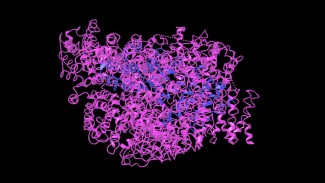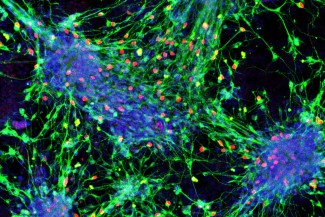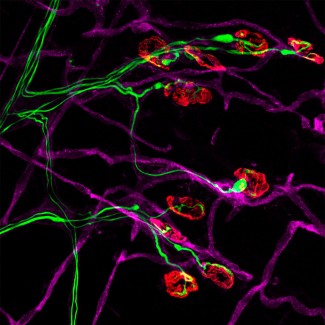In France, psychiatric disorders affect more than 1 in 5 adults. The most common disorders in the population are depression, bipolar disorders, schizophrenia, anxiety disorders and addictions.
Psychiatric disorders are characterized by a reduction or loss of the ability of the mind to function normally and to respond appropriately to life situations. People with these disorders are no longer able to adapt to circumstances and may have personality disorders (anxiety, anger, etc.), behavioural disorders (attention deficit, hyperactivity, etc.) or mood disorders (excessive and persistent sadness, etc.). These disorders now represent a major public health issue, as it is estimated that 1 in 5 adults has been, is being or will be affected by a psychiatric illness during their lifetime.
Faced with this challenge, the Brain Institute, thanks to a unique ecosystem combining basic and clinical research, technological plateaux at the cutting edge of innovation and a close partnership with entrepreneurship, has the capacity to understand in an optimal way the understanding and therapeutic management of its pathologies.
According to the World Health Organization, there are 10 categories of psychiatric disorders, most of which are studied at Paris Brain Institute through a multidisciplinary approach ranging from molecular studies to patient behaviours.
Psychiatric disorders studied at Paris Brain Institute
- Schizophrenia, schizotypic disorders and delusional disorders.
- Mood disorders, emotional disorders
- Neurotic and stressor disorders, somatoform disorders
- Psychological development disorders
- Behavioural and emotional disorders that usually occur in childhood and adolescence
- Mental retardation. At Paris Brain Institute, Alzheimer research is linked to Down syndrome
- Mental and behavioural disorders related to the use of psychoactive substances (alcohol, drugs, medication). A study at Paris Brain Institute is examining treatment-related impulsivity in Parkinson’s patients.
- Severe sleep and eating disorders (anorexia, bulimia…). At Paris Brain Institute, studies focus on sleep disorders and Parkinson’s disease.
- Organic mental disorders, including symptomatic disorders. These disorders are linked to brain damage caused by a neurological disease, such as dementia in Alzheimer’s disease.







